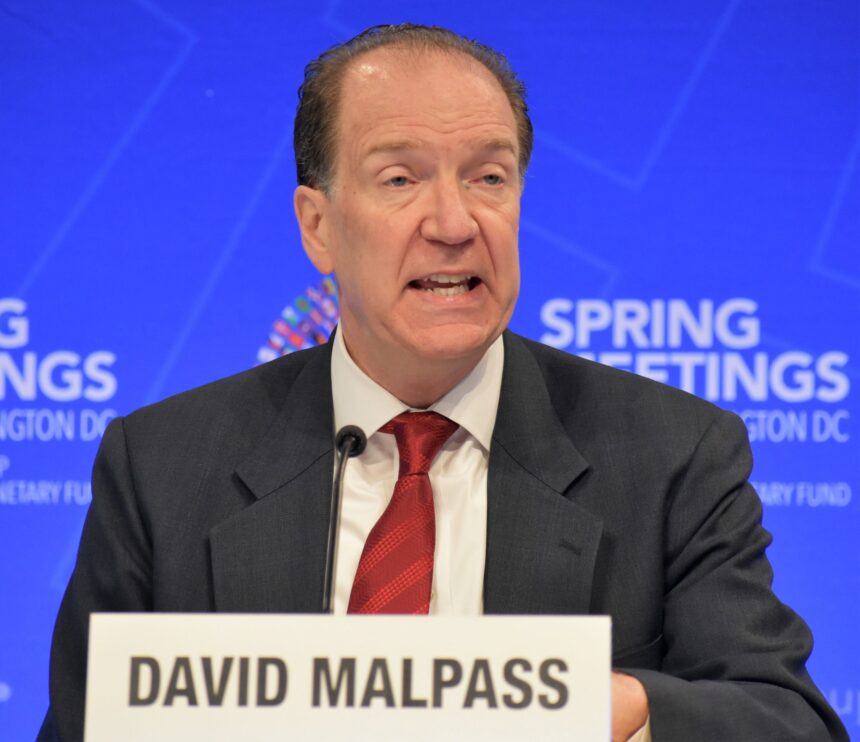The World Bank has approved $150 million in financing from the International Development Association (IDA) for Benin, or more than CFAF 99.6 billion. It was on September 21, 2022 in Washington.
Assist the Government of Benin to strengthen the empowerment of women and girls, expand access to reliable and sustainable energy and improve fiscal and debt management. These are the objectives targeted by the World Bank which has just allocated a financing of 150 million dollars, the equivalent of 99.6 billion CFA francs to Benin. This, under the second development policy support operation intended to finance reforms to improve Benin’s strong and inclusive growth potential, notably through the active participation of women in social and economic life. According to the Breton Woods Institution, these reforms will help girls to complete their secondary education, through life skills education, and the State to remove barriers to access to sexual and reproductive health services as well as strengthen mechanisms to prevent gender-based violence. Strengthening the resilience of the electricity network, promoting a connection charge incentive policy and new texts likely to promote energy efficiency are planned. This funding is designed in line with the 2021-2026 CAP, and the National Development Plan (2020-2025), one of the key pillars of which is reducing fertility to take advantage of the demographic dividend, the World Bank explained in a press release. « It is also part of the Bank’s partnership framework with Benin, whose areas of intervention are: the structural transformation of the economy for competitiveness and productivity, the strengthening of human capital and support for resilience and reduction of vulnerability to climate change, » she added. With this fund, Benin could also fine-tune its tax policy reform and effectively manage its debt. Head of Bank operations for Benin, Atou Seck said that « this financing will allow the country to scale up the reforms necessary for the structural transformation of the economy and the well-being of the populations ». According to Benin, « Benin has made significant progress in empowering women and girls through courageous reforms undertaken by the government. These reforms undoubtedly release the energies of the millions of women and girls who could not participate actively in social and economic life. » The country had also taken many initiatives in recent years for the advancement of women. Legislation and courts are being used, which has increased gender-based crimes known by the courts from 12.1 per cent in 2020 to 13.7 per cent in 2021. Clearly, the legal and legislative environment in place in Benin has enhanced the image of women. The energy sector is also making significant efforts with the establishment of an adequate institutional and regulatory framework for increasing private participation in the energy sector, in particular renewable energies and the adoption of the National Energy Management Policy. By the way, Romuald Wadagni, Minister of State, Minister of Economy and Finance justifies: « Structural reforms in the energy sector will significantly increase access to electricity for the population, especially in rural areas, by making electricity distribution cheaper and more resilient to climate shocks. These reforms are necessary to improve the potential for higher and more inclusive growth, especially as they create the conditions for structuring private investment. » For the Minister of State, this new support from the World Bank will support and strengthen Benin’s progress towards a higher middle-income economy.
About IDA
Founded in 1960, the International Development Association (IDA) is the World Bank’s institution that helps the world’s poorest countries. This is done through grants and loans at low or no interest rates to finance projects and programmes that stimulate economic growth, reduce poverty and improve the lives of the poorest. IDA is one of the largest sources of assistance for the world’s 77 poorest countries, 39 of which are in Africa. The resources of the Association make it possible to positively impact the lives of 1.6 billion people in the various countries eligible for its assistance. Since 1960, IDA has supported development work in 112 countries. The annual volume of its commitments has been steadily increasing, averaging $21 billion over the past three years. Africa alone accounted for about 61 per cent of that amount.



